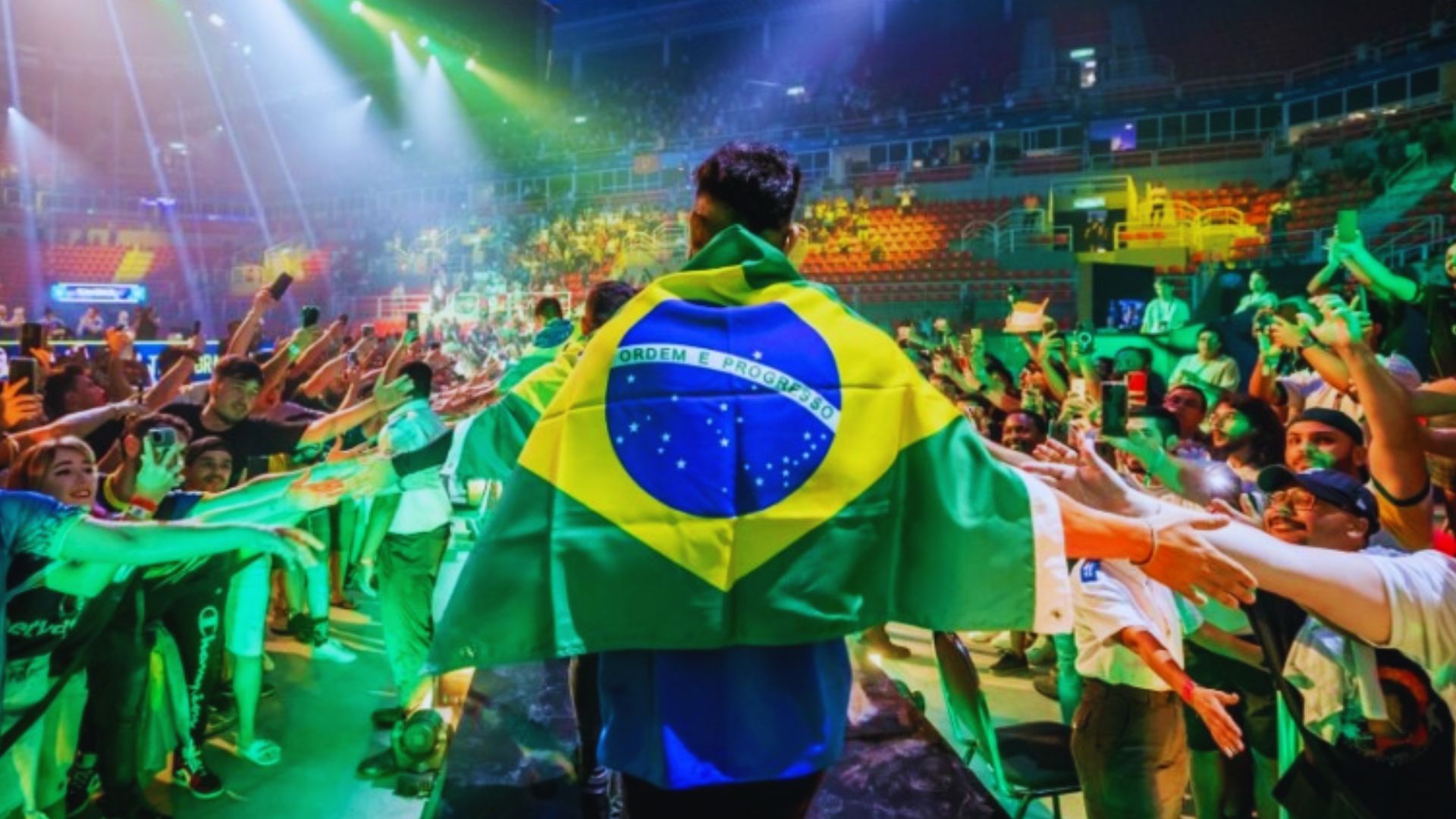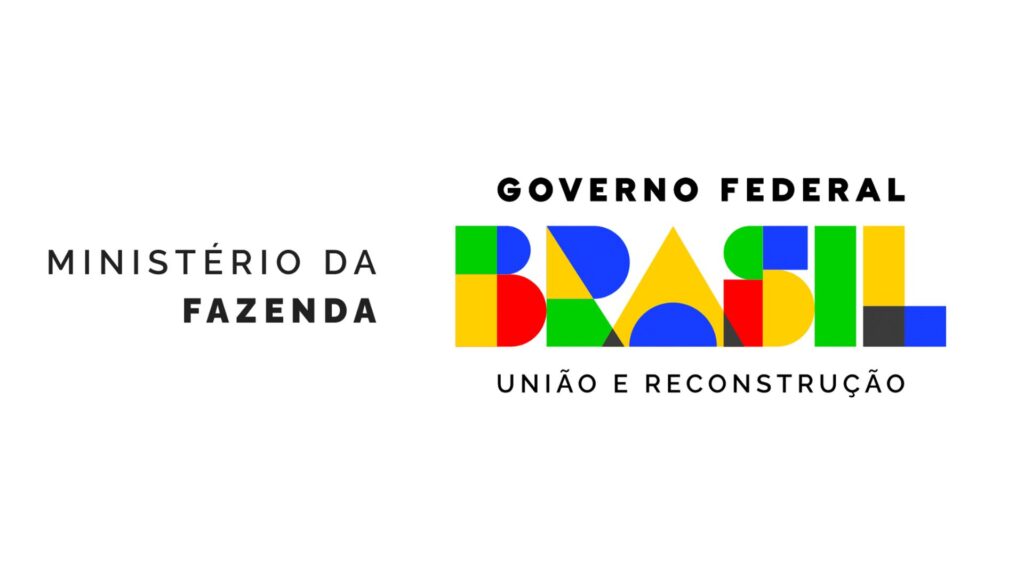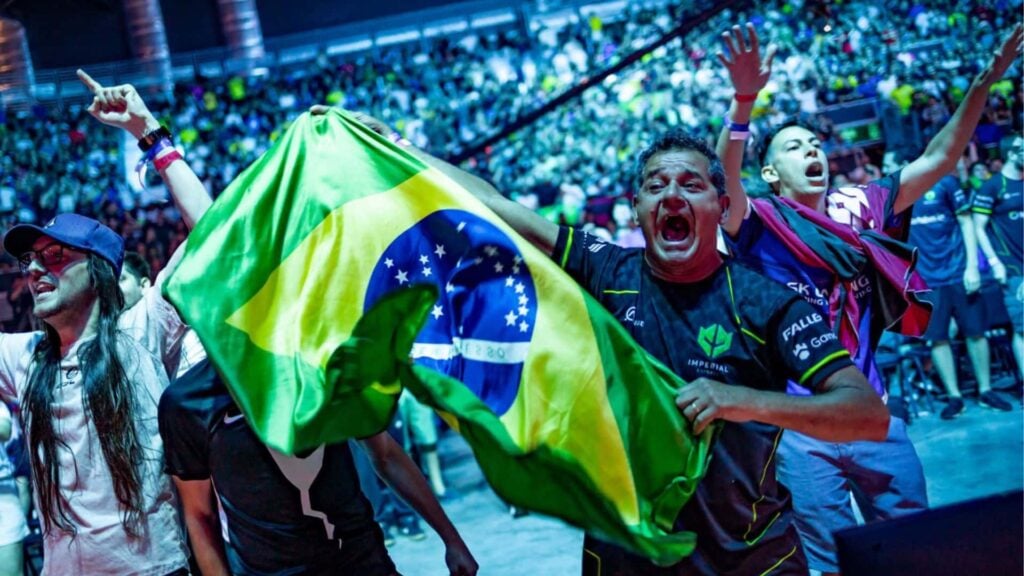
Brazil’s regulated fixed-odds betting market produced a total of R$17.4 billion in gross gaming revenues (GGR) for the first six months of 2025, according the the Ministry of Finance.
Based on the report from the ministry’s Secretariat of Prizes and Betting (SPA), licensed betting operators contributed R$3.8bn in federal taxes and R$2.14bn to social projects via the 12 percent levy mandated by law. A further R$2.2bn came from upfront authorization fees, while regulatory charges raised R$49m.
“Our goal is, from now on, to periodically disclose the SPA’s activities and the evolution of the fixed-odds betting market in Brazil, fulfilling this government’s commitment to transparency,” SPA Secretary Regis Dudena said.
Promising growth for Brazil’s regulated betting market in first six months

By June 2025, 78 licensed companies were active, operating 182 betting brands. The Betting Management System (SIGAP) recorded 17.7m Brazilians placing bets in H1 2025.
Men represented 71 percent of users compared to 28.9 percent women. The largest age group was 31-40 (27.8 percent), followed by 18-25 (22.4 percent) and 25-30 (22.2 percent). Average spend per active bettor stood at R$983 for the half-year, or R$164 per month.
In Brazil, sports betting dominates the regulated market, with football leading as the most popular choice for wagers. The rapid rise of online platforms has also boosted interest in virtual games and esports, which allow fans to place wagers in real time.

Authorities highlighted progress in safer gambling, with new rules mandating deposit and staking limits, under-18 advertising bans, and responsible play warnings across all marketing. A broader prevention plan has introduced health self-assessment tools, a centralized self-exclusion registry, and athlete-focused awareness initiatives.
The SPA, together with telecoms regulator Anatel, has blocked more than 15,400 unlicensed betting websites since October 2024. In H1 2025, 24 financial institutions flagged 277 suspicious cases, leading to the closure of 255 accounts linked to illegal gambling. A partnership with major digital platforms such as Google and TikTok led to the removal of 112 influencer pages and 146 illegal ads promoting offshore operators.
The first half of the year also marked the creation of a committee to structure the National Betting System (SINAPO), which will unify operator listings and manage the exclusive .bet.br domain.
While Brazil’s regulated betting sector got off to a strong start after its inauguration last January, the balance between market expansion and consumer protection will remain a big challenge in the coming months.







